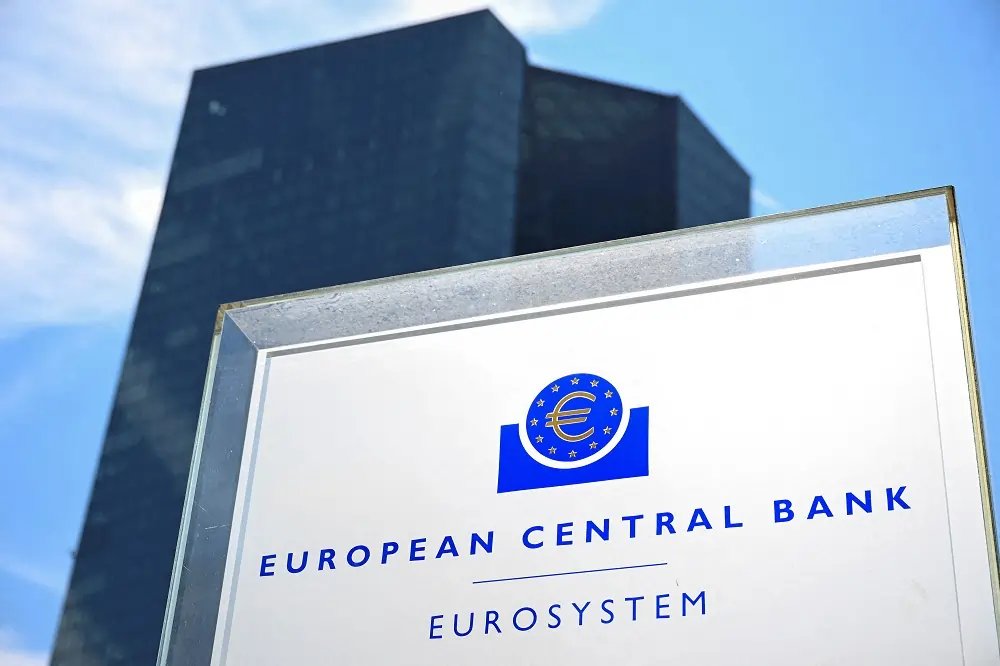Euro zone economy ended 2024 on downbeat note amid trade fears
Published by Global Banking & Finance Review®
Posted on January 8, 2025
3 min readLast updated: January 27, 2026

Published by Global Banking & Finance Review®
Posted on January 8, 2025
3 min readLast updated: January 27, 2026

The euro zone economy ended 2024 on a weak note, with key indicators showing challenges amid trade fears and energy costs.
By Balazs Koranyi
FRANKFURT (Reuters) - The euro zone economy, skirting recession for more than a year, ended 2024 on a weak note, several key indicators showed on Wednesday, suggesting that a long hoped for recovery remains a distant prospect.
The European Commission's key sentiment indicator fell more than expected in December, German industrial orders plunged and German retail sales unexpectedly fell, all adding to already gloomy indicators from the 20-nation currency bloc.
The figures suggest that the euro zone, which faces the fresh threat of tariffs on its exports from the incoming Trump administration, barely grew last quarter and German growth may have been negative again.
This extended a dismal streak since soaring energy prices after Russia's invasion of Ukraine hit industry.
"Today's grim Economic Sentiment Indicator poses a clear downside risk to our forecast of moderate GDP growth in the first quarter of the year," Leo Barincou at Oxford Economics said. "There is no bright spot for the euro zone economy."
The EU's main economic sentiment reading fell to 93.7 last month from 95.6 in November, falling well short of expectations for a steady reading. The index of industrial climate plunged, consumer sentiment fell, all the while price expectations rose.
The figures came just hours after separate data showed that industrial orders in Germany, the euro zone's biggest economy, declined 5.4% from the previous month, underperforming expectations for no change. Retail sales meanwhile declined by 0.6% in real terms from the previous month, against forecast for 0.5% growth.
Germany's vast industrial sector has been in recession for over a year as high energy costs, waning demand from Asia and cheaper competition from other markets have all been weighing on the sector.
"There is still no trend reversal in sight for the German industry. It’s bottoming out at best," ING economist Carsten Brzeski said. "Disappointing retail sales suggest that the rebound in private consumption in the third quarter is unlikely to continue in the fourth quarter."
Economists have long counted on private consumption to drive the recovery since households are now enjoying substantial real income growth amid dwindling inflation.
But a study from the European Central Bank suggests that households will continue to save an unusually large portion of their income to rebuild wealth lost to high inflation, possibly confounding hopes for more spending.
This trend could even be exacerbated by any further softness in the labour market, which has started to suffer from weak growth, shrinking corporate margins and lacklustre demand for corporate goods and services, economists argue.
(Reporting by Balazs Koranyi; Editing by Toby Chopra)
The article discusses the euro zone economy's weak performance at the end of 2024 amid trade fears and economic challenges.
German industrial orders declined by 5.4% from the previous month, underperforming expectations for no change.
Potential tariffs from the incoming Trump administration and high energy costs pose risks to the euro zone economy.
Explore more articles in the Finance category
